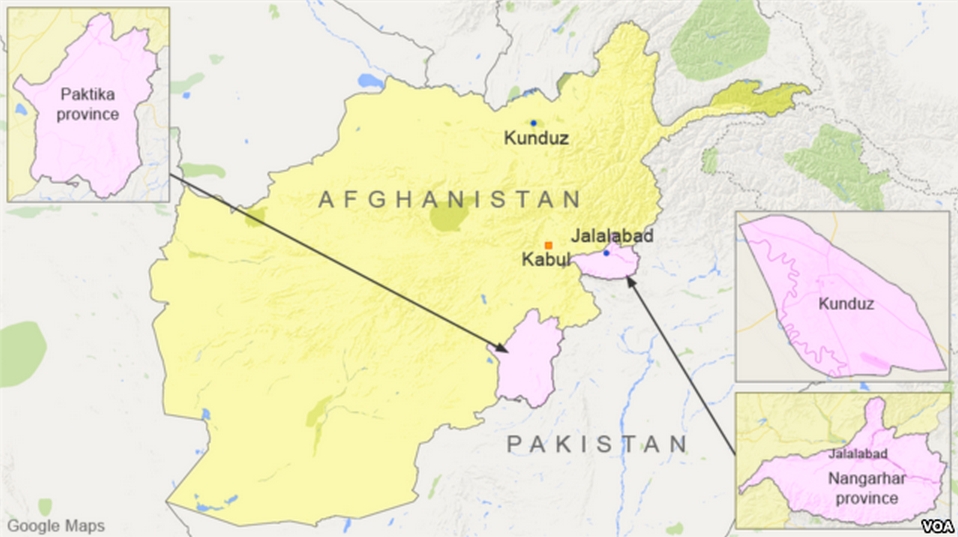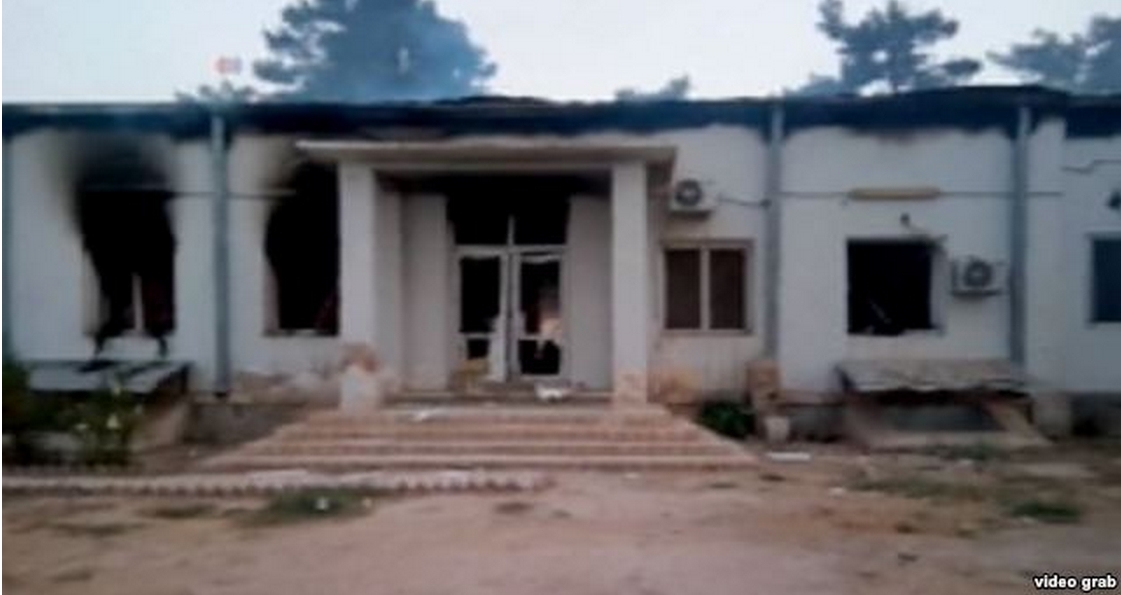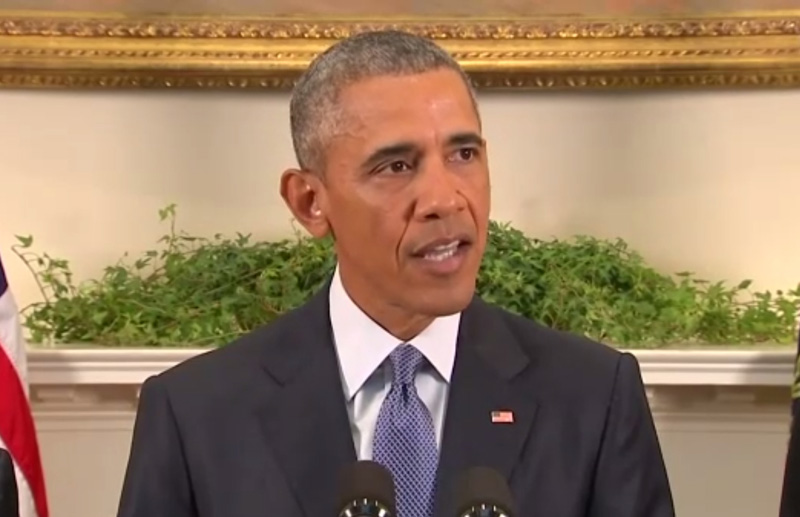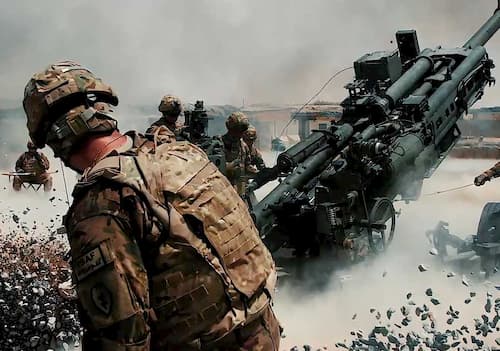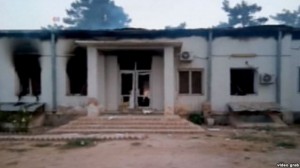
Officials say U.S. personnel who were involved in the devastating, half-hour aerial attack on a Doctors Without Borders hospital in Afghanistan have been or will be punished.
Colonel Patrick Ryder, a spokesman for U.S.-Central Command said “those individuals most closely associated with the incident have been suspended from their duties and were referred for administrative action.”
The punishments have not been publicly announced, but are reported to include letters of reprimand, which can block promotions.
The Defense Department is set to soon publish a redacted version of its investigation of the attack.
The attack on the hospital in Kunduz in October killed 42 people, including medical staff and patients.
Army General John Campbell, who was the top U.S. commander in Afghanistan at the time, but has since relinquished command, has said the attack on the hospital was “directly the result of avoidable human error.” He called the strike “a tragic mistake.”
The medical charity Doctors Without Borders, also known by its French acronym MSF, has called for an outside, independent investigation of the airstrike, but that has not happened.
American forces misidentified a target in Kunduz on October 3 that resulted in the attack on the MSF hospital, according to a U.S. military investigation conducted last year.[xyz-ihs snippet=”adsense-body-ad”]
Afghan forces asked for U.S. air support to strike a National Directorate of Security building believed to be occupied by Taliban fighters. According to the report, the AC-130 air crew instead fired 211 shells at a hospital operated by MSF that was 450 meters away.
Several factors contributed to the mistake. The air crew launched more than an hour earlier than planned, missing out on a crucial brief that would normally include identifying no-strike areas such as the MSF hospital. Once in flight, the aircraft’s electronic systems malfunctioned, eliminating the crew’s ability to transmit video, send and receive email, or send and receive electronic messages.
The crew then believed it was the target of a missile, so they moved out of the aircraft’s normal strike range, degrading the accuracy of the targeting system. That loss of accuracy appeared to cause the coordinates of the Taliban target to land on an open field. The crew visually located the “closest, largest” building to that field and, thinking that was the target, fired on it.
MSF said the errors pinpointed in the U.S. report showed “gross negligence” on the part of U.S. forces.
Days before the attack, MSF had provided geographic coordinates of its hospital to U.S. military authorities.
The barrage on the hospital lasted 29 minutes before commanders realized the mistake, even as hospital staff members made 18 attempts to call or text U.S. and Afghan authorities about the attack as it was occurring.
Many of the doctors and nurses at the hospital were killed instantly, and some patients who could not be moved to safety died in the ensuing flames from the attack.
Within days of the October 3 incident, President Barack Obama called Joanne Liu, the president of Doctors Without Borders, to apologize for the mistaken attack.
Source: VOA [xyz-ihs snippet=”Adversal-468×60″]

